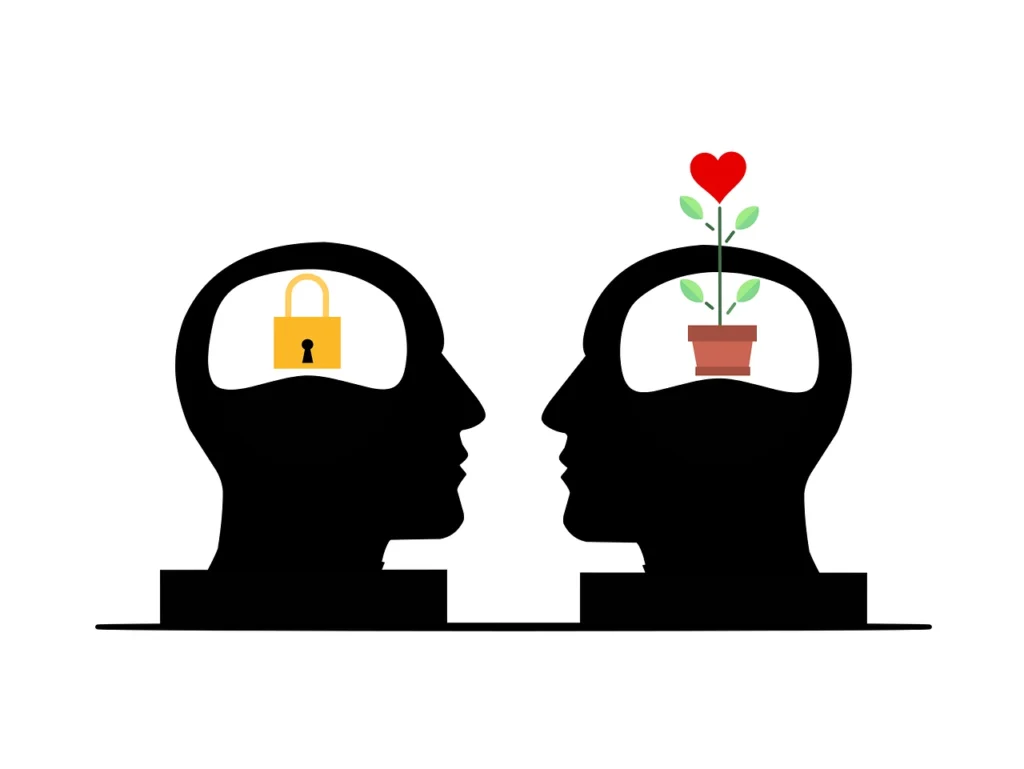Physical Address
304 North Cardinal St.
Dorchester Center, MA 02124
Physical Address
304 North Cardinal St.
Dorchester Center, MA 02124

Money plays a crucial role in shaping our lives, yet the way we think about it our money mindset is rarely discussed in schools. While we learn algebra and history, no one teaches us how our attitudes and beliefs about money can either hold us back or propel us toward financial success.
This article dives into the basics of the money mindset, exploring why it’s vital, the gaps in traditional education, and actionable steps you can take to develop a positive relationship with money. By the end, you’ll have a toolkit of strategies to build financial confidence and success, all while improving your understanding of personal finance.
Your money mindset encompasses your beliefs, attitudes, and emotions about money. It affects how you save, spend, earn, and invest. A positive money mindset can help you make smarter financial decisions, while a negative one might lead to self-sabotage, such as overspending or avoiding investments.
A positive money mindset empowers you to:

Financial literacy, let alone the concept of a money mindset, is often missing from traditional curriculums. Here’s why:
As a result, many grow up with limited financial knowledge and harmful money beliefs passed down from family or society.
Many of us carry subconscious money beliefs that hinder our progress, such as:
To challenge these beliefs:
A scarcity mindset makes you feel there’s never enough—money, opportunities, or time. Cultivating an abundance mindset means recognizing that financial resources are available and accessible.
Practical Steps to Shift Your Perspective:
One of the best ways to build confidence around finances is through education. Start with these steps:
Visualization helps train your brain to recognize opportunities that align with your financial goals. Spend five minutes each day imagining your ideal financial future, such as being debt-free or running a successful side hustle.
SMART Goal Example:
a. Budgeting with Intention
A budget isn’t about limiting yourself; it’s about directing your money toward your priorities.
The 50/30/20 rule is a simple framework:
b. Automate Savings
Establish automatic transfers to a high-interest savings account.
Automating your finances ensures consistency and removes the temptation to spend.
c. Track Your Spending
Use tools like Mint or YNAB to monitor expenses and identify areas for improvement.
The people you associate with have a significant impact on your mindset.
Engage with communities that share your goals, such as personal finance blogs, social media groups, or local workshops.

Emotions like fear, guilt, or shame around money can block progress. Address these by journaling or talking to a financial coach.
Believe that your abilities and financial situation can improve with effort. Avoid thinking, “I’ll always be bad with money.” Instead, focus on learning and applying new strategies.
Positive affirmations can reprogram your subconscious beliefs about money. Examples include:
A healthy money mindset:
Your money mindset is the foundation of your financial journey. While schools may not teach these principles, you can take charge by educating yourself, challenging limiting beliefs, and building positive habits. Remember, financial success isn’t just about numbers; it’s about how you think, feel, and act toward money.
Start today by adopting one new habit, whether it’s creating a budget, reading a finance book, or practicing daily gratitude. Over time, these small actions will transform your mindset—and your bank account.
Let your money mindset be the compass guiding you toward a financially secure and abundant life.